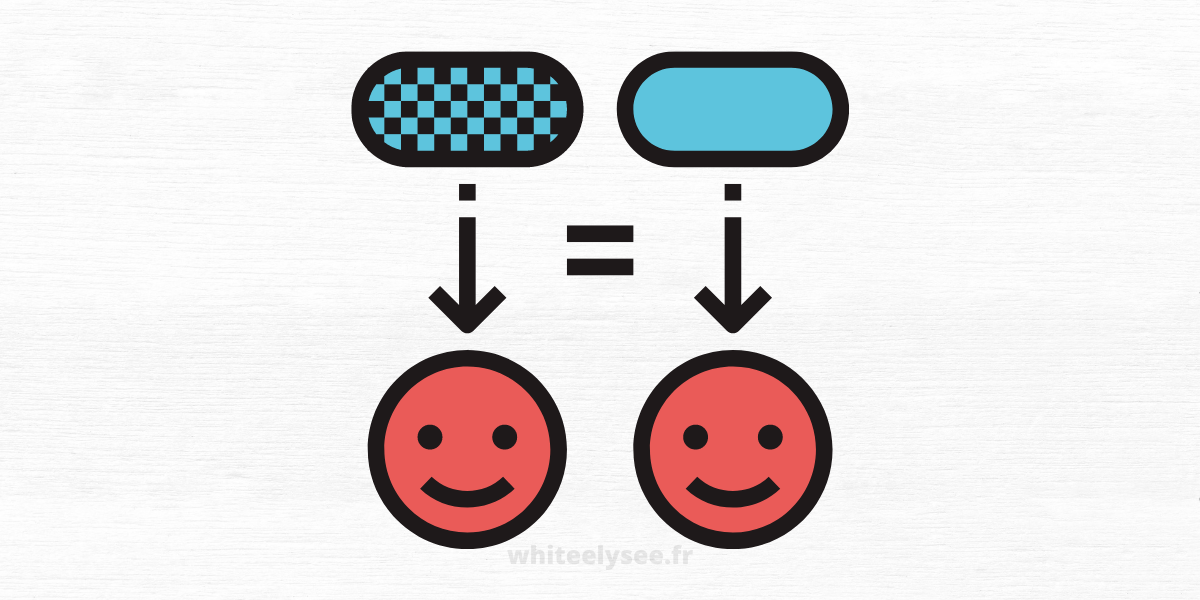
Leaders have clear and precise goals and constantly communicate these visions and their ramifications to their employees. in his work Leadership The First Principle, the primary principle Rudolph Giuliani spoke of was his insistence on his morning meetings every day. “I consider it the cornerstone to efficient functioning within any system…We accomplish a great deal during that first hour, in large part because the lines of communication were so clear.”
Three ways to improve communication so that you will be able to lead teams effectively.
1. Rapport.
Rapport offers a unique opportunity to build relationships. There may be instances when you instantly disapproved of an individual at first sight. If the reason for your displeasure resulted from prejudice that could be eliminated, the two of you would have developed an atmosphere between you. Rapport is a process of building rapport. It is possible to build it by taking the time to connect to other members of your group. It is possible to build rapport through small treats on occasion, regular personal conversations, or even your presence at group workshops and training. These small actions can create an environment in which people can have the opportunity to speak up.
The moment that your team members cease to bring their concerns to you and you are the day you’ve stopped leading them. They’ve either lost faith in you or realized that you’re not caring enough about them. Colin Powell emphasized this scenario as an example in “Leadership Failure.”
Therefore, are you able to find them an opportunity to join your team members in their training sessions? Are you able to take a break from your teammates?
2. Listen Carefully.
There are two ears in one mouth. This should be a signal that we must all pay attention twice as long before speaking. All top leaders are excellent listeners. The former US president Bush is a great listener to top advisers. President Barack Obama gets unfiltered information. If presidents can afford to listen to all the information they receive, should you? Be attentive to information that comes from the grapevine, too, since it’s a source of important information. You can get this information in the smoking room or the reception area, or even in between toilet breaks. This is all-important information directly from horses’ mouths.
Do you spend time with your team members prior to taking the stage?
3. Establish Effective Feedback.
The concept of mutual accountability is crucial in this regard to ensure an effective feedback system. If team members pledge to be accountable for their decisions and tactics, and strategies, feedback will begin to flow in a gradual manner. There is no reason to be unwilling to take responsibility for the mistakes of others, and I would instead get your feedback. So you must set up a reliable feedback platform to make this work.
The readiness reports for specific projects offer a reliable feedback system as any failures or achievements can be observed by everyone. Team meetings that are routine, whether regularly or every fortnight, keep everyone updated on the most recent developments and details. Effective After Action Review (AAR) will also aid everyone with their teaching and learning. In addition, I will write about how to conduct an effective AAR within a different piece. Stay tuned.
Are you open to two-way communication? Are your team members able to see any changes after you’ve been provided with feedback?
In the end, these three strategies can be a way for you to get better at the never-ending pursuit of leadership. If you use them correctly, you’ll see first the improvements in yourself and later in your colleagues.





